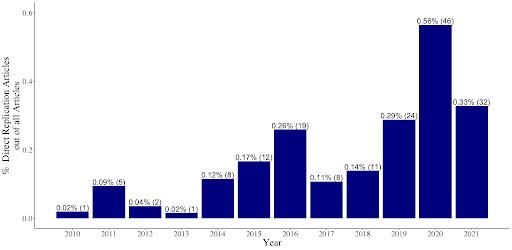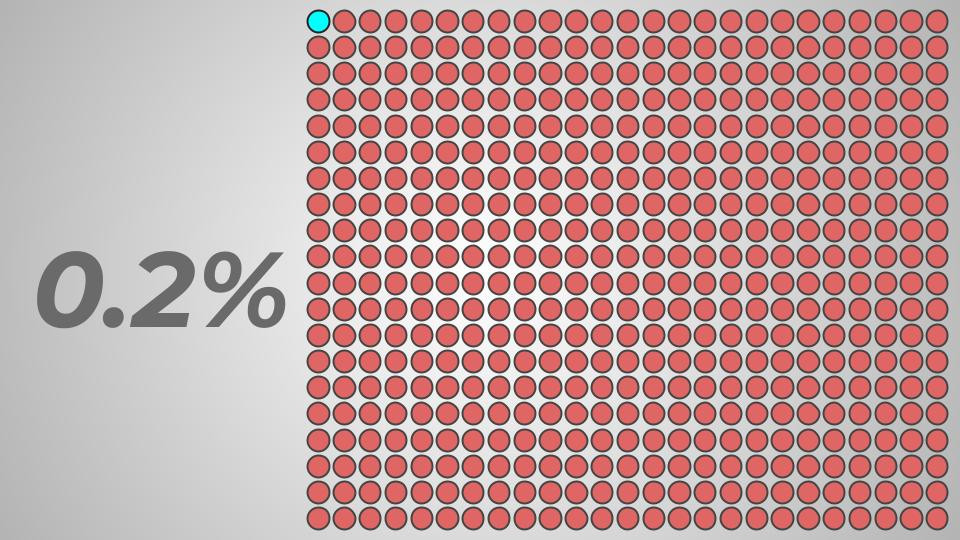
Need a few more days to get your #SIPS2024#OpenScience#Metascience#Psychology#PsychSciSky#Stats#AcademicSky
A preliminary agenda is available for our meeting on "The promises and pitfalls of preregistration". We've also extended the submission deadline for lightning talks and posters to 29th January. Registration and submission details on the meeting website: royalsociety.org/science-even...

You must have of history, philosophy, maybe sociology of science. What about psychology of science? Are the inner factors of scientists not an important area to study? I disagree and propose an agenda for psychology of science here: rdcu.be/dtSWj@natureportfolio.bsky.social
Arguably, our estimate underweights large-scale replication projects that report many direct replications in a single paper (eg. Registered Replication Report articles). Our estimate is not the same as the number of studies that are replicated. (9/9)
This estimate doesn’t include: conceptual replications, articles where the replication was not a main contribution of the article, direct replications that are published in lower impact journals, preprints, or replications that are never published. (8/9)
Of course, our estimate of direct replication articles provides only one indicator of how much the field values and incentivises this type of self-correction (other indicators like funding and the impact of replications are also relevant to consider). (7/9)
We argue that publishing direct replication articles in top-ranking journals is one important avenue for self-correction. We consider the current prevalence rate – 0.2% – to be alarmingly low. However, others will disagree with us. (6/9)
We also found that journals with a stated policy of considering replication submissions (31% of journals in our sample) were 7.85 times more likely to publish direct replication articles than those without such a policy. (5/9)
As you’d expect, more direct replication articles were published over time but this increase was small and statistically suggestive (p = .017). It is an open question as to whether this trend will continue in future years. (4/9)

Using a keyword search + manual checking, we found that only 169 articles — 0.2% of all published articles (roughly 1 in every 500 articles) — were direct replication articles. (3/9)

